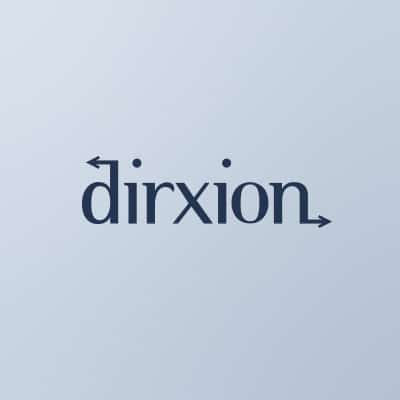Search engine optimization (SEO) has become increasingly important for e-commerce businesses as a method of increasing organic growth and traffic to their site. SEO, as described by Search Engine Land, is “the process of getting traffic from the ‘free,’ ‘organic,’ ‘editorial’ or ‘natural’ search results on search engines.” SEO is seen as an alternative method from paid online advertising that delivers a higher return on investment.
Every search engine uses web crawlers to scan websites and determine the contents of the site. This information is used to rank websites based on user preferences. In a video produced by Search Engine Land, the process is explained within a library analogy. If search engines are a library containing all of the world’s knowledge, they need a system to determine which books (websites) are important to readers and answer all their questions. SEO is the process of a website including aspects that best meet a search engine algorithm’s requirements.
Google and other major search engines have made the SEO market more competitive over the years, in order to increase the value of achieving a high-ranking website. They sometimes make decisions as subtle as decreasing the number of organic blue links displayed from 10 to 8.5 on average in 2016,according to Searchmetrics. However, ranking highly on Google has become increasingly competitive due to their growing share of the search engine market. As of 2016, Google accounts for 76 percent of global desktop search traffic whereas Bing, Baidu and Yahoo make up for 22.5 percent of the market combined, according to NetMarketShare.

All major search engines such as Google, Bing and Yahoo have primary search results where web pages and other content such as videos or local listings are shown and ranked based on what the search engine considers most relevant to users. — Search Engine Land
E-commerce websites benefit especially from SEO by driving organic traffic to their sites, increasing the probability that certain key performance indicators are met. The return on investment for SEO is higher than purchasing an ad campaign through Google AdWord, AdSense or online advertising space purchased on specific websites. Still, EMarketer forecasts estimated U.S. digital ad spending reached $72 billion in 2016. By prioritizing SEO, businesses are meeting the search needs of consumers and increasing the probability of higher traffic without having to overly spend on advertising. Dirxion online catalogs offer SEO guide pages that involves a process of indexing every page of the printed catalog. This practice helps boost the overall SEO of the online catalogs site, as well as increase the likelihood of someone finding a catalog page when searching for specific products. Such is the case for Dirxion customer Aviall, whose online catalog pages can be found on search engines like Google and whose primary site (catalogs.aviall.com) shows up at the top of Google when searching for “aviall catalog” or similar terms.










